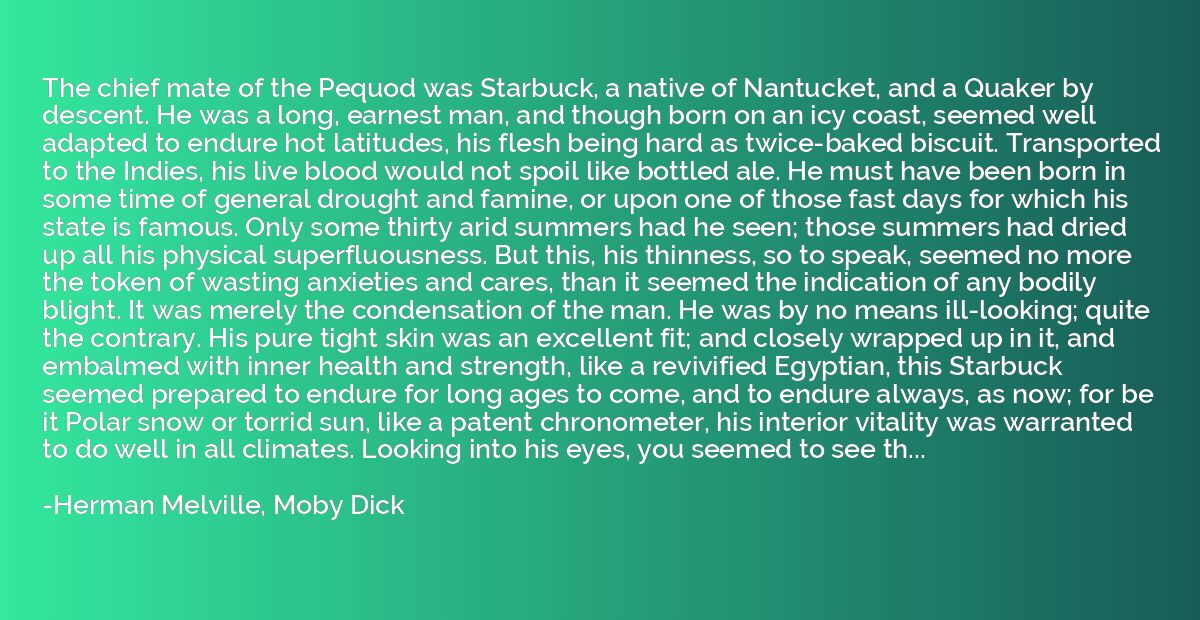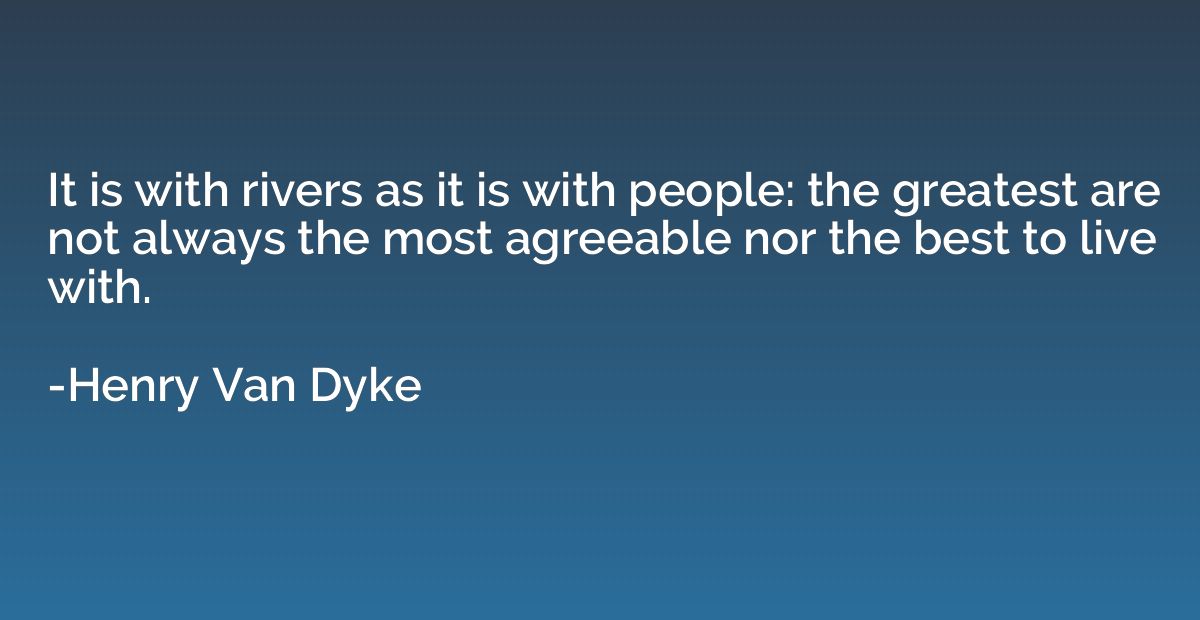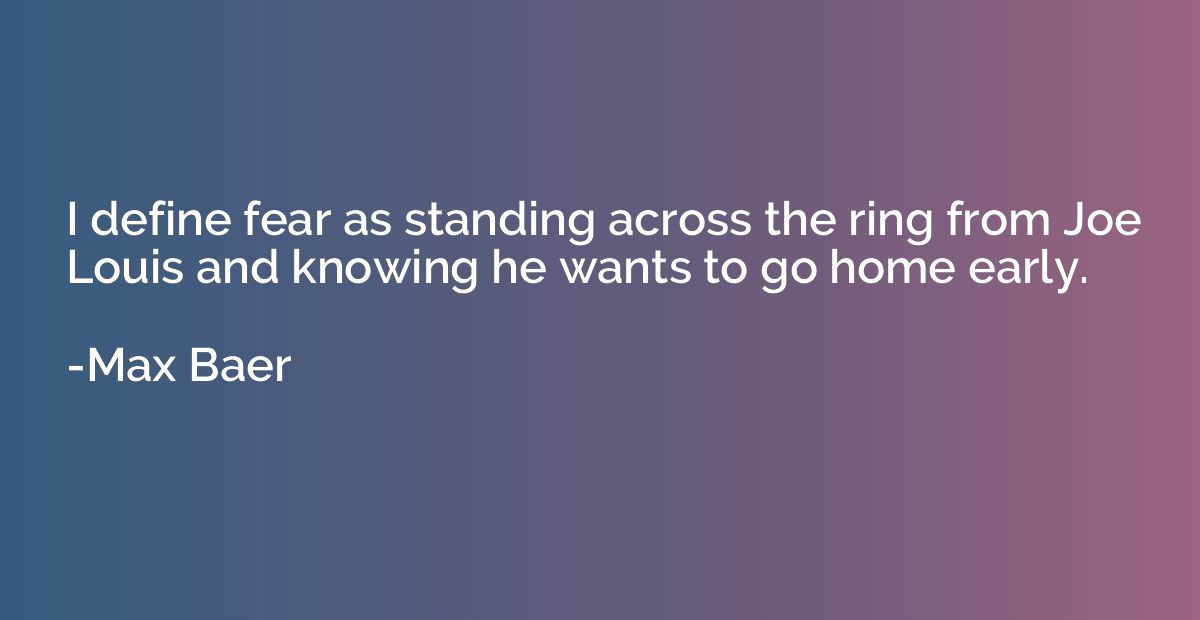Quote by Ernie Banks
I learned from Mr. Wrigley, early in my career, that loyalty wins and it creates friendships. I saw it work for him in his business.

Summary
This quote suggests that the speaker learned an important lesson about loyalty from Mr. Wrigley, which they observed in his successful business. It implies that being loyal to others not only helps to build strong connections but also contributes to achieving success. The speaker likely values the concept of loyalty and friendship, as they consider it a vital aspect of their own career development. Overall, the quote emphasizes the positive outcomes that can result from demonstrating unwavering loyalty towards others.
By Ernie Banks














